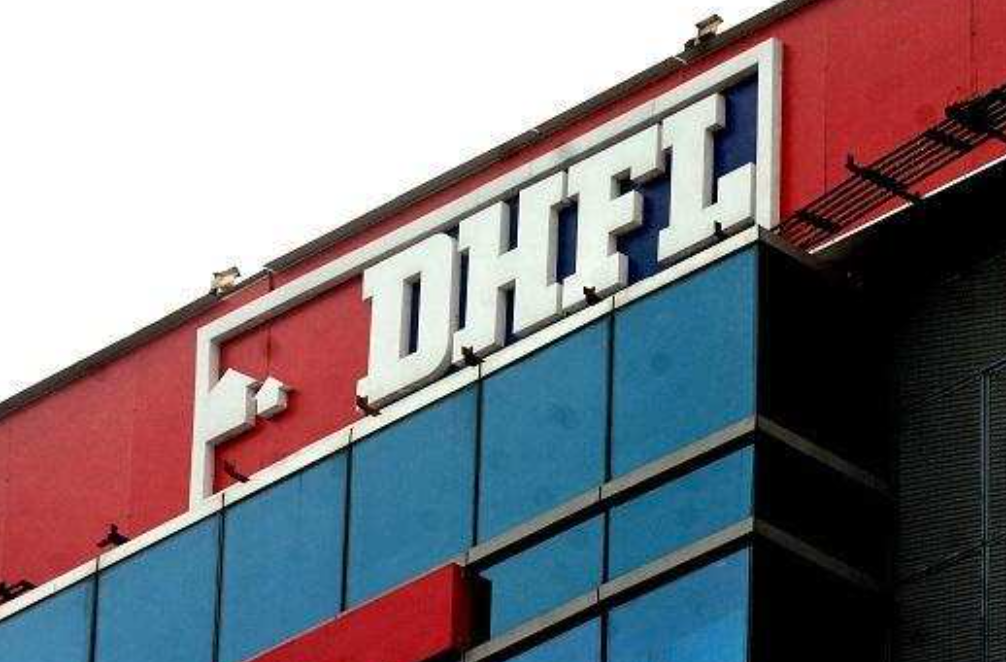Gold is back with a vengeance this month just as the
crypto rally falls apart, refueling the
Wall Street debate over the link between the two putative hedging assets.
Bullion funds have seen the biggest two weeks of inflows since October and prices are edging closer to $1,900 an ounce. In contrast, Bitcoin has plunged by almost 40% from a $63,000 peak and funds are recording outflows.
Yes, the weaker dollar and falling inflation-adjusted yields are big reasons for the gold revival. Elon Musk-spurred volatility, meanwhile, has snuffed out some of the speculative euphoria in Bitcoin, while undermining its ambition to attract the institutional crowd.
Yet, all this fascinates a market cohort that point out the parallels between digital gold and the real deal. They’re both viewed as inflation hedges, commodities in scarce supply and capture the cultural divide between young, tech-obsessed traders and boomer traditionalists.
Meanwhile, the likes of JPMorgan & Chase & Co. and ByteTree Asset Management say gold’s recent ascent appears to have come at least partly expense of Bitcoin as investors rotate between the two.
“There is still so much confusion between Bitcoin and gold,” wrote Charlie Morris, founder of ByteTree in a note. “They coexist, and they both thrive in an inflationary environment.”
In a report on shifting gold and Bitcoin trends, Morris suggested that fund flows are having an unusually large impact in boosting the gold price, and vice versa Bitcoin’s outgoing flows are depressing prices.
Past may be prologue: Earlier this year, Bitcoin funds pulled in institutional cash as money managers extolled a case for digital currencies to creep into gold’s spot in a portfolio. With the economic growth in full swing, more than $20 billion then left bullion-backed ETFs in the six months to April.
For some strategists, the bullion market is a starting place to divine their price forecast for Bitcoin. In a world where investors allocate gold and Bitcoin evenly to their portfolios and the two assets converge in volatility, it would imply a valuation of Bitcoin at $140,000, JPMorgan has previously estimated.
“Needless to say such convergence or equalization of volatilities or allocations is unlikely in the near future,” strategists led by Nikolaos Panigirtzoglou wrote.
Since the Covid-19 vaccine breakthrough triggered an economic rebound in November, exchange-traded funds tracking gold sold almost 12 million troy ounces through to the start of May, worth about $22.5 billion at today’s price.
Investors pulled almost $14 billion from the SPDR Gold Shares ETF (ticker GLD) in the period, helping cut total assets in the world’s largest gold ETF by 29%. Some $1.6 billion has flowed back into the fund to put May on course for the best month since July.
In day-to-day action, the direct link between gold and Bitcoin is hard to pin down, suggesting the connection is more about market psychology than real-money flows. The threat of price pressures and weakening dollar are good reasons for the metal’s current rally.
And while predictions for Bitcoin prices have been chastened by the selloff, the enthusiasm hasn’t gone away. Bloomberg Intelligence strategist Mike McGlone, who has a price target of $100,000 for Bitcoin, says there’s still a chance crypto can become a digital reserve asset and that makes it worth the risk.
“Gold may be losing its significance, so it may be simply prudent to diversify,” wrote McGlone. “The human nature of acknowledging a new asset class is what we see as a primary Bitcoin support.
